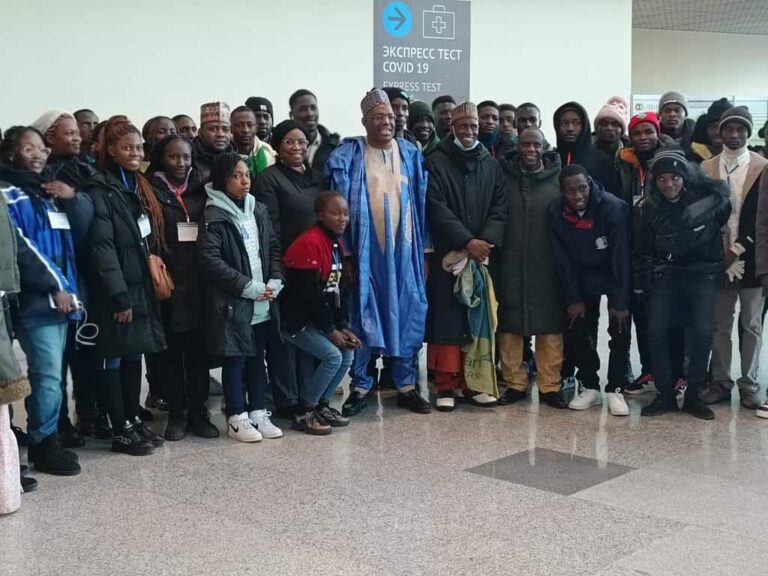The Nigerian government has voiced strong condemnation following revelations that a supposed educational opportunity in Russia was, in reality, a covert pathway to forced labor in military drone manufacturing.
Exploitation Behind a False Promise
Billed as a vocational scholarship, the initiative lured several young Nigerians — including minors — with the promise of technical training and financial support at Russia’s Alabuga Special Economic Zone. Official documents framed the program as a structured industrial learning experience, leading families to believe their children were embarking on a legitimate academic journey.
However, once in Russia, the participants reportedly found themselves deployed on assembly lines producing unmanned aerial vehicles — drones — allegedly destined for use in Russia’s ongoing military operations in Ukraine.
Inhumane Working Conditions Exposed
Multiple accounts from the Nigerian contingent describe harsh working environments, excessive hours, inadequate compensation, and a stark absence of the promised educational content. Some participants claimed they were unaware of the true nature of the job until arriving on site, at which point their passports and options were allegedly restricted.
Compounding the danger, Ukraine’s ambassador to Nigeria publicly warned that facilities like Alabuga — involved in weaponized drone production — are considered active military targets, raising alarm over the potential risk to the lives of foreign workers, including Nigerians.
Public Outcry and Official Disavowal
The revelations have triggered a storm of outrage across Nigerian media and civil society, with many questioning how a program of such scale escaped national oversight. The scandal has fueled debates around youth vulnerability, government accountability, and foreign exploitation.
In a swift response, Nigeria’s Ministry of Foreign Affairs issued a firm statement disassociating the federal government from the program. The ministry emphasized that no official channels were involved in facilitating or endorsing the initiative.
Calls for Swift Action and Reform
Diplomatic analysts and former foreign service officials have called for an immediate investigation into the recruitment pipeline that enabled the export of Nigerian labor into what they described as “a war-related enterprise.” They also warned of potential diplomatic fallout, urging a recalibration of Nigeria’s vetting process for foreign-sponsored programs.
The Russian Embassy in Nigeria, meanwhile, dismissed the reports as misinformation, insisting that all activities in Alabuga were above board and accusing critics of disseminating false narratives aimed at undermining bilateral relations.
A Deeper Crisis of Opportunity and Oversight
This episode has reignited urgent conversations about the lack of economic prospects for Nigerian youth — a crisis often exploited by deceptive foreign actors. Analysts say the situation underscores the need for comprehensive reforms to ensure transparency and legal compliance in all cross-border employment or training offers.
As calls for protection, justice, and policy overhaul grow louder, the Alabuga incident serves as a painful reminder of the consequences when hope is weaponized — and trust is betrayed.

